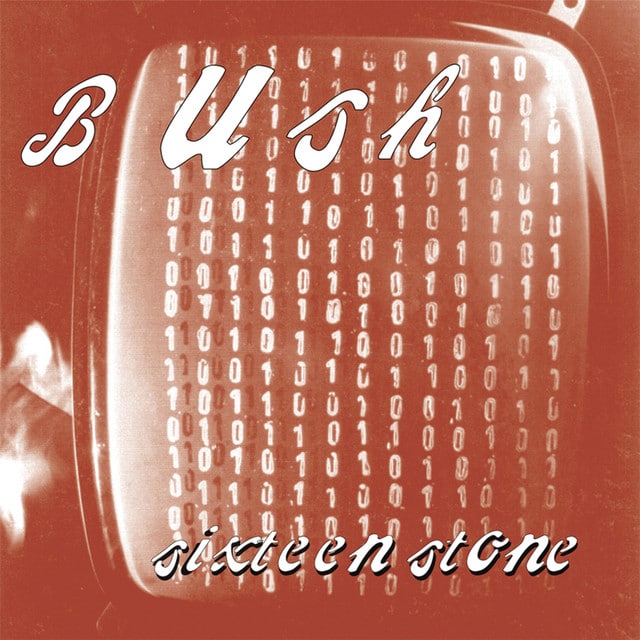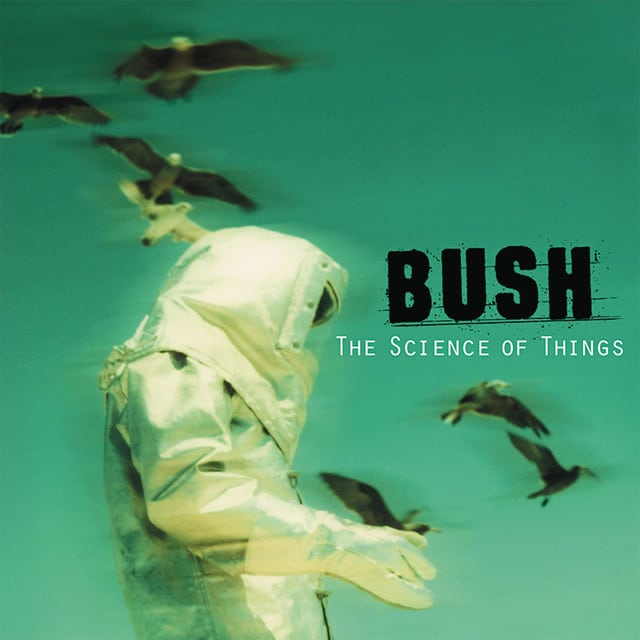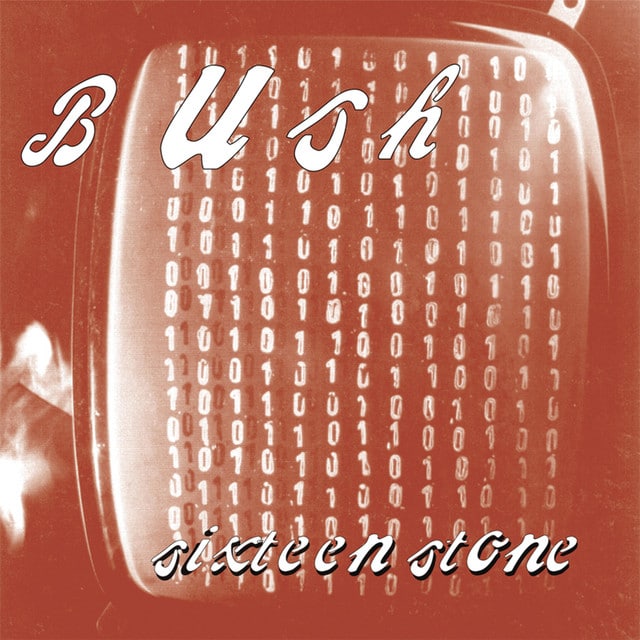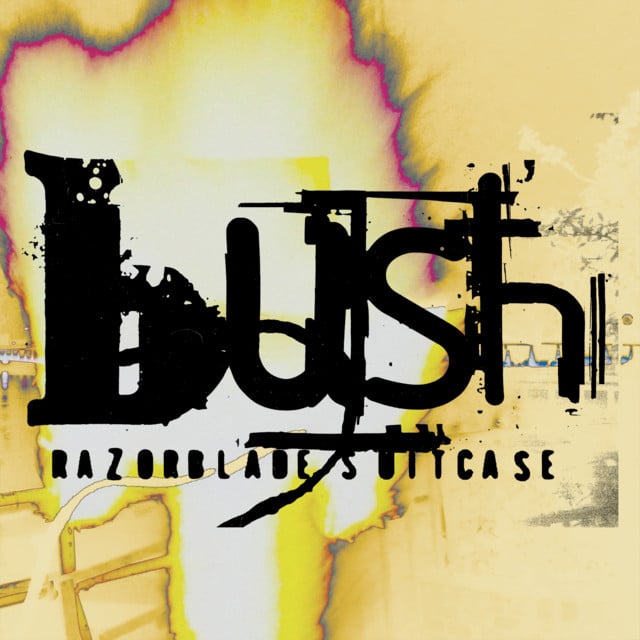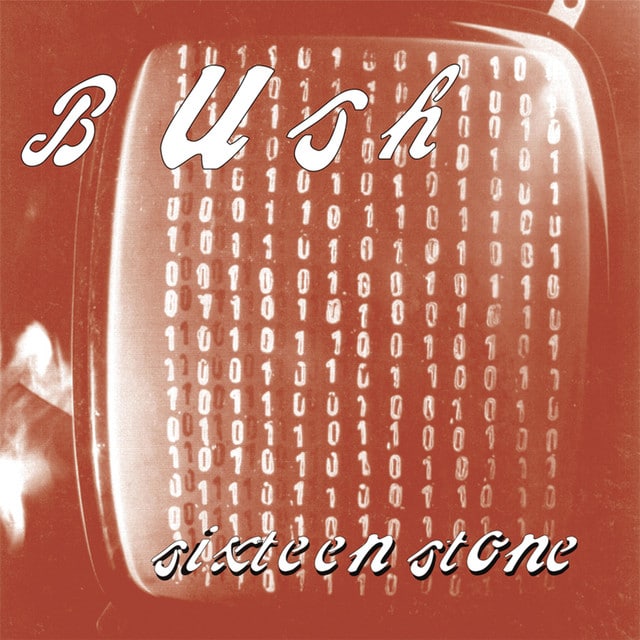Released: 2014
“Everything Zen” by Bush sends listeners on a gritty ride through a landscape smeared with disillusionment and a quest for peace amidst chaos. This song intricately weaves angst with sardonic wit, daring us to find Zen in the cacophony of modern life. The thematic crux orbits around the elusive nature of contentment and the ironies that besiege our search for existential meaning.
Starting off with a longing for something more fulfilling, “There must be something we can eat” symbolizes an almost desperate hunger for meaning or satisfaction that transcends physical needs. The mention of “Maybe find another lover” and “Should I fly to Los Angeles / Find my asshole brother,” depict a journey or search for something that is missing, touching on personal relationships and the potential for escapism in the familial drama. “Mickey Mouse has grown up a cow” punches out a commentary on the loss of innocence and the commercialization of iconic innocence, while “Dave’s on sale again” hints at the repetitive and cyclical nature of consumerism, perhaps nodding to Nirvana’s Dave Grohl and the commodification of the grunge scene.
The chorus “Everything zen, I don’t think so” serves as a sarcastic retort to the question of whether anything is truly Zen – or at peace – in the tumult of life. It’s a sharp jab at the idea that amidst the chaos, confusion, and commercialism, finding a state of peaceful enlightenment is, frankly, a farce.
“Raindogs howl for the century / A million dollars a steak” could be dissecting the absurdity of wealth and opulence measured against a backdrop of societal decay, referencing Tom Waits’ “Rain Dogs” album that paints portraits of the dispossessed. The search for a “demi-god” and the fakeness in sainthood speaks to the human quest for heroes or significance in a world where authenticity seems scarce. The repeated line “There’s no sex in your violence” fiercely critiques the way society glamorizes violence, stripping it of any real humanity or passion; it’s a cold, detached brutality.
Lastly, the declarative “I don’t believe that Elvis is dead” symbolizes a refusal to accept the death of icons and by extension, the death of certain ideals and innocence. It’s a metaphor for the disbelief or denial we harbor towards the end of eras and beliefs.
Thus, “Everything Zen” by Bush is not just a rock anthem from the 90s; it’s a dissection of societal norms, the search for meaning, and the ironic lack of Zen in the pursuit of it. Its lyrical landscape is rich with critiques on consumerism, relationships, and the violence of modern life, wrapped in the gritty, unmistakable sound of Bush. It’s a call to look deeper into our quests for peace, understand their complexities, and perhaps, see it all “once my way.”
